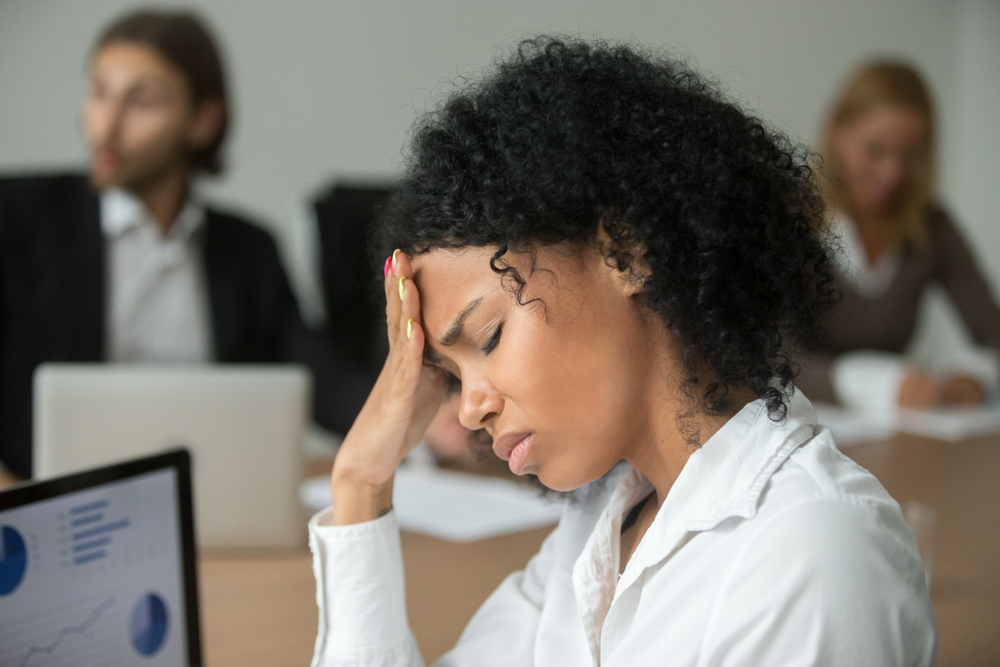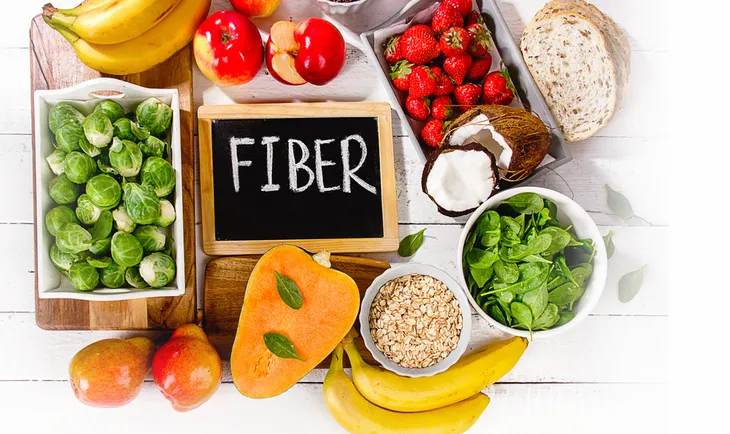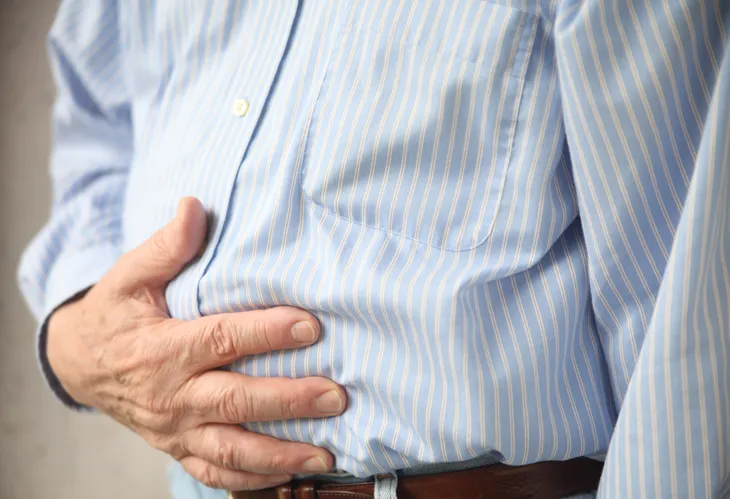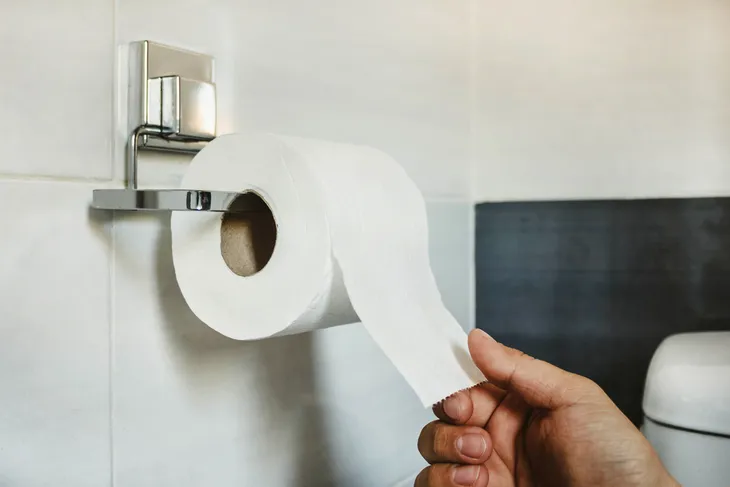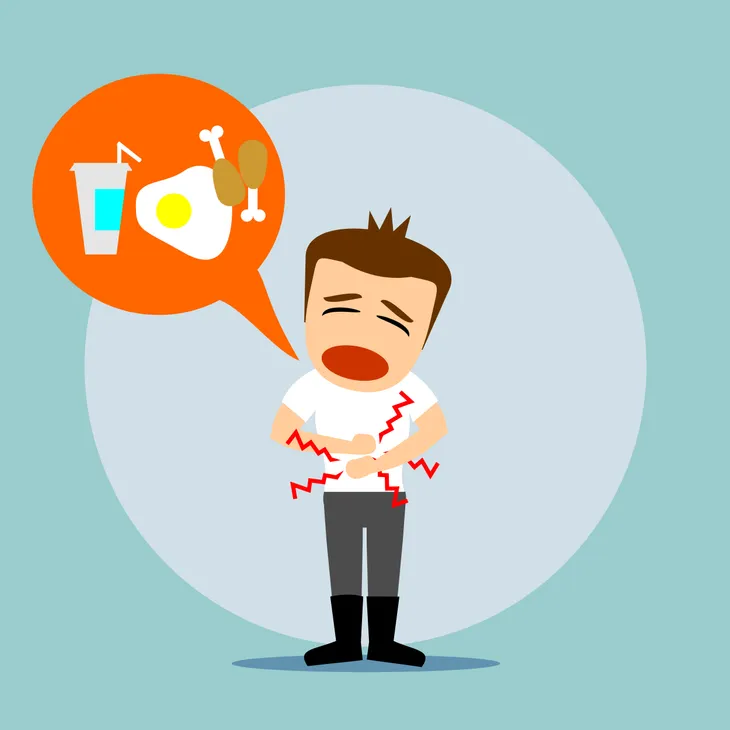Getting bound up is one of the most common indications that you need more fiber in your diet. However, before you have to deal with the uncomfortable signs of constipation, there are several other signals that your body is begging for more fibrous roughage.
So hold your gag reflex (sorry, some of them are not-so-nice) and prepare for the classic signs of fiber deficiency…
Why is Dietary Fiber Essential in Our Diets?
Fiber in your diet can help (or hinder if you’re lacking) several necessary bodily functions. For instance, eating fibrous foods (or roughage) via fiber-rich fruits and veggies, nuts, beans and legumes, leafy greens, whole grains, etc., aids digestion through aiding the elimination process.
According to research from the American Journal of Epidemiology, indicates that boosting your fiber intake by a mere 10-grams per day (that’s the equivalent of a single artichoke) will lower your risk of dying from a variety of chronic diseases (i.e., diabetes, cancer, heart disease, and other types of metabolic-related illness) by 10-percent.
You’re Always Bloated
While you might expect that upping your fiber intake too quickly can lead to uncomfortable gas and bloating, the same can also occur. Not eating enough fiber can also leave you chronically bloated, according to research from WebMD due to food and digestive byproducts just sitting in your digestive tract.
Get things moving by boosting your fiber intake gradually. Remember to take it slow and easy by adding no more than a few grams of roughage at a time or else you’ll risk gas, bloating, and stomach upset.
Eating Makes You Sleepy
I’m not referring to a huge turkey dinner here, folks. If your meals are consistently followed by bouts of yawning and the need for a nap before you can get up and go…your diet is very possibly lacking in fiber.
According to a 2016 study from the American Academy of Sleep Medicine, fiber in the diet is essential for blood sugar stability. That means if your meals are deficient, you’re likely experiencing a blood sugar spike after eating—soon followed by the inevitable blood sugar crash, and zzzzzz, hello sleepy-time station!
Inadequate Bowel Movements
Oftentimes lack of fiber in one’s diet will rear (opps, bad pun) it’s ugly head in the form of minuscule bowel movements that are pebbly, hard, and sometimes even painful to pass.
According to Dr. Robynne Chutkan, of The Digestive Center for Women, in Washington, D.C., insufficient fiber in the diet can change the smell, color, and shape of your stool.
You’re Instantly Hungry After Eating
There’s a good reason why the writer’s on ActiveBeat consistently recommend adequate fiber in your diet if you’re trying to maintain or shed a few pounds—fiber keeps you full so you’re not reaching for snacks or second helpings in the hours after eating a meal.
If you do find yourself still hungry after just eating (within 2 hours), it’s an indication that you need more fiber, according to registered dietician and author of the best-selling book, Eating in Color, Frances Largeman-Roth. Fiber expands in your digestive tract, which is why fiber-filled foods like beans and leafy greens keeps you satiated for much longer.
So How Much Fiber is Enough?
If you’re experiencing any of these low fiber signs and don’t think you’re getting enough roughage in your diet, talk to your doctor. After all, different bodies have different dietary needs and your doctor knows your health history the best.
According to the Institute of Medicine, healthy adult males (under age 50) require about 38-grams of dietary fiber per day while healthy adult women need about 35-grams daily. You can reach for your share of dietary fiber in an assortment of whole grains, beans and legumes, and fruits and vegetables to help maintain your weight, digestive health, cholesterol, healthy bowel movements, and blood sugar levels.
